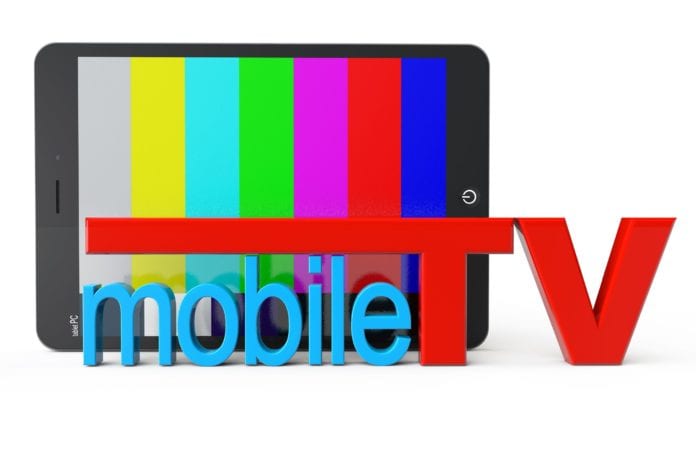I’m betting the next big play after the announcement last week that Charter Communication is merging with Time Warner Cable will be Charter going wireless. This has not been discussed yet, but I firmly believe it must happen. All of pay TV is going wireless and Wi-Fi. Going forward, every cable TV and IPTV provider must give users a way to get coverage wherever they are on whatever device they are using.
Without wireless, customers can only watch from home. That is too limiting and a competitive disadvantage. So just like every other cable television and IPTV company, I believe Charter Communications will go wireless. The only questions are: how and with whom? Who will they either partner with or acquire?
Convergence is the key
Take a look at the television industry over the last few decades: It has been a stand-alone product. Going forward, television is part of a larger bundle that also includes telephone, Internet, home automation, security, wireless phone service and much more. To start, they are just bundled together but will also begin to converge and work together.
We used to deal with separate companies in each sector, but soon we’ll be able to use one company for all these services.
In addition to being part of this larger bundle, television needs wireless to deliver its programming to the users on their smartphones and tablets, wherever they are. Increasingly we watch TV from wherever we are, not just from home.
Simply put, wireless is starting out as a competitive advantage for the television providers that offer it, but it will turn into part of the core offering for all players going forward. When that happens, the companies that don’t offer a wireless option will lose.
That’s why Charter Communications will go wireless. It’s the same reason Dish Network has acquired so much wireless spectrum and now wants to merge with T-Mobile US. And it’s part of the reason AT&T wants to merge with DirecTV.
Satellite television companies need this kind of wireless connectivity to remain competitive with all the new competition. Think of this as the next step in the evolution of the industry.
AT&T does not need Dish for the same reason, but it does present an enormous new growth opportunity on a nationwide scale.
Telecom continues to grow and change
The telecommunications industry has grown and changed so much over the last few decades. We used to deal with separate companies for each service, but convergence means we will only have to choose one company for all our services – in some cases we can do that right now.
If this sounds a lot like the old days when AT&T from decades earlier provided local and long distance, you are right. That was back in the days before MCI and Sprint and the seven baby bells. We spent the last several decades reinventing and rebuilding the entire industry.
The problem back then was there was just one company. Today, while we are coming back to a time when we get all services from a single company, the big difference today is we can choose from a growing number of big companies.
For example, today we can choose either the telephone company like AT&T or Verizon, or the cable TV company like Comcast, Time Warner or Charter Communications. And there are a growing number of these corporate giants from which to choose for this super bundle of services. This is great news for the consumer who can choose based on quality, innovation and price.
This is also great news for the innovative industry leaders who will continue to thrive.
This, however, is not good news for the companies that don’t have great quality and don’t have great relationships with their customers.
Companies that are preparing can be the big winners, while those that don’t will be the big losers – there will be both.
Today, I believe, the customers are much happier with their telephone and wireless carriers. I would also say they are generally less happy with their cable television providers. This is spelled out by surveys, which are conducted several times every year. The most recent survey was announced last week by ACSI.
That means as companies like AT&T, Verizon, CenturyLink, Sprint and T-Mobile US offer more services and have happy customers, they will continue to win. The reason is customers like them and the way they are treated.
That also means cable television companies like Comcast Xfinity, Time Warner Cable, Charter, Cox and others will continue to struggle until they take better care of their customers. They never had competition so they never took care of the customer. Now that is biting them.
All these companies and more can and will continue to transform the marketplace and challenge each other going forward. This is just what consumers and business customers want to hear.
These are the reasons why almost all television providers will be offering TV signal wirelessly and through Wi-Fi. Let’s watch the industry, the leaders, the followers and those who don’t embrace this new idea.
Let’s imagine what innovation tomorrow will bring when all these actually blend and start to work together. That will be the next exciting chapter of this story.

